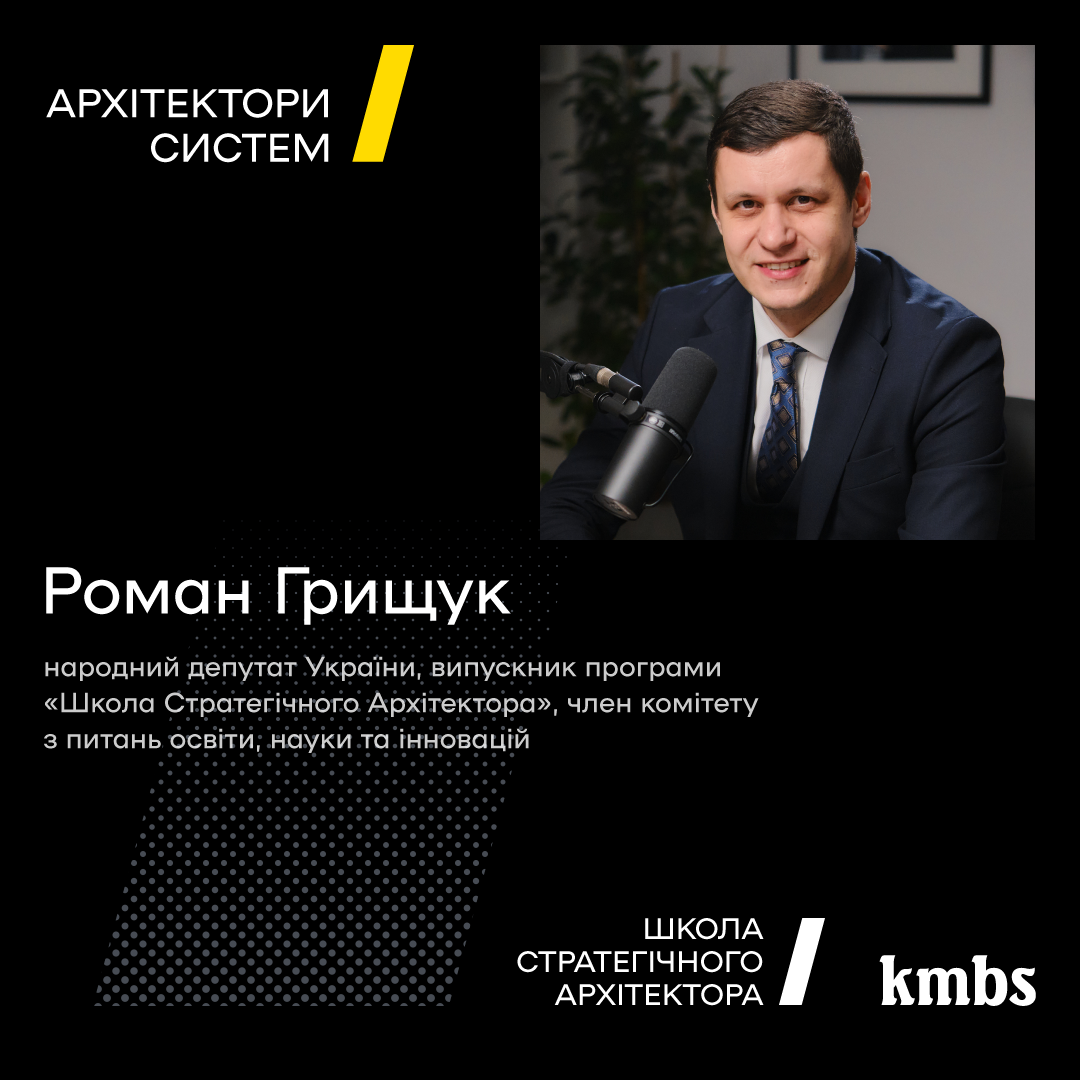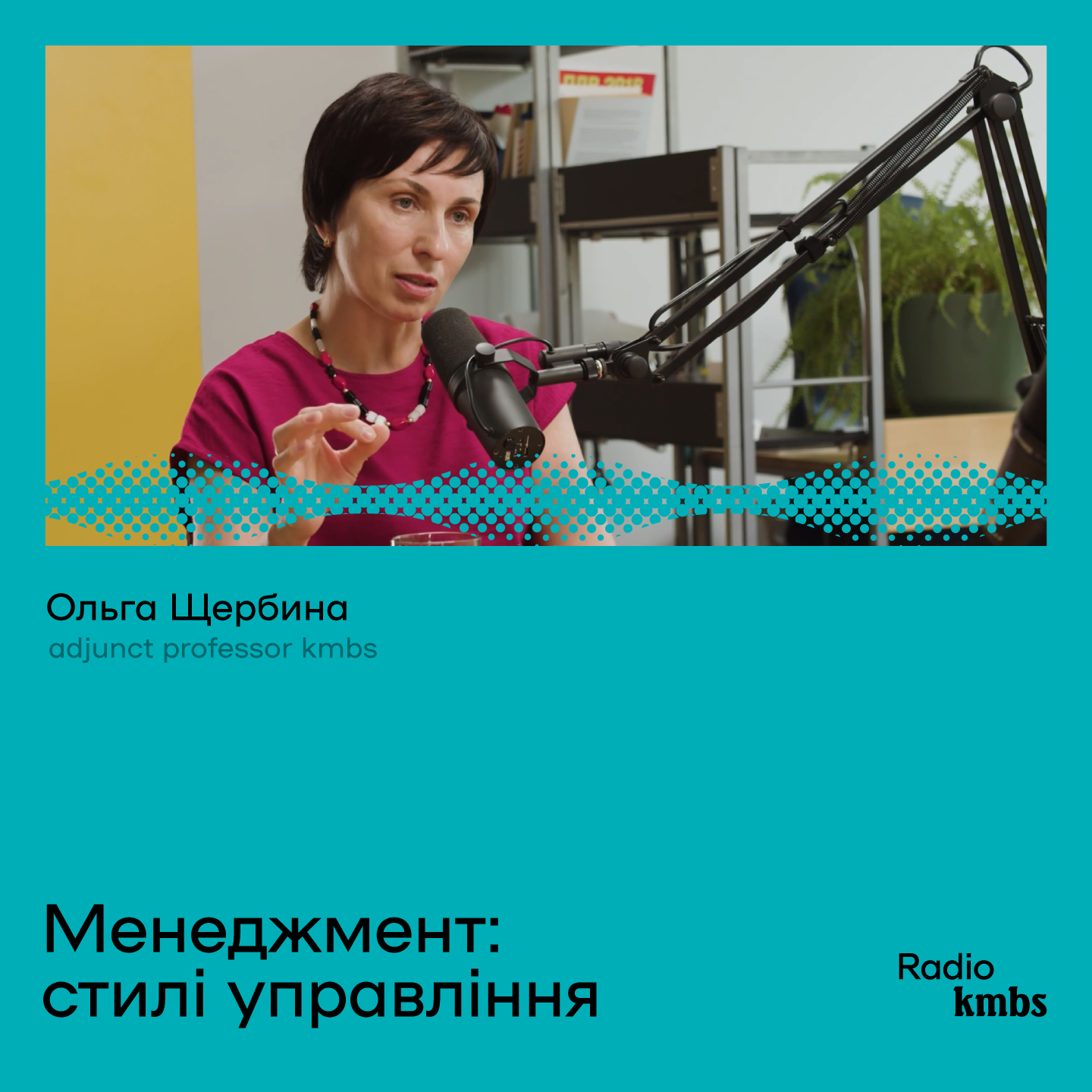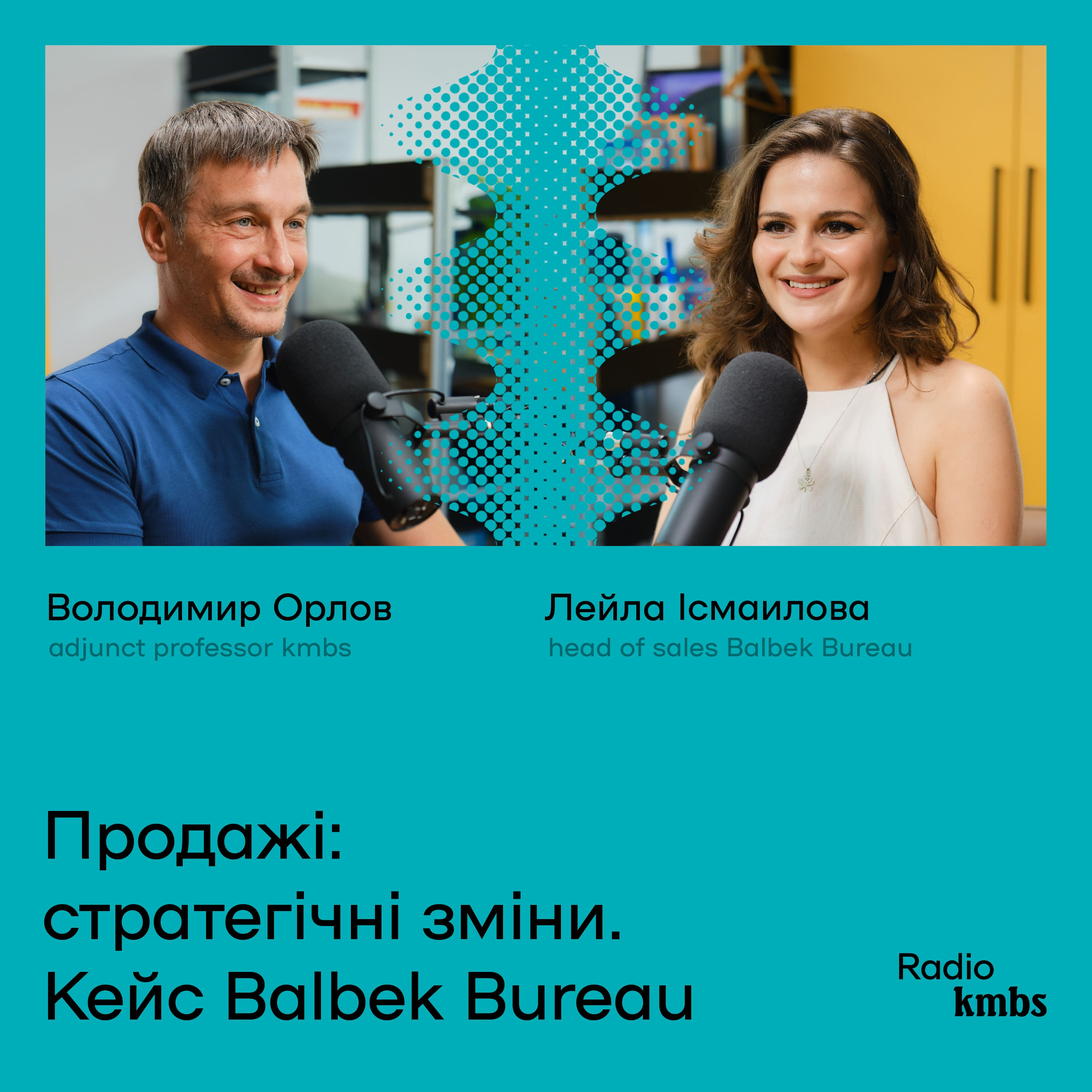Learn first
KMBS latest news in real time

For the latest KMBS events and news, visit KMBS Live at the top right corner of the screen
Open kmbs live 17.05.2022
17.05.2022 2787
2787 4min
4minWaiting for the war
Earlier this year, my family and I visited the beach and went skiing. When we went to sea, I told my wife: "This may be the longest beach in our lives." But we managed to return. When we went skiing, he repeated the same thing. She replied, "You're paranoid!" She had better be right.
The war did not come as a surprise to me. In December, I began to promote the emergence of TRO troops in Odessa because I had no doubt there would be a war. And when he put his daughter to bed on February 23, he told her: "It will start at night, do not be afraid when there are explosions. We will get dressed and go somewhere. "
As for business, I have no idea how the company could prepare the team. When the war begins, personal issues come to the fore. It was the same with my employees, although on February 24, they wrote to me: "Are we going to work today or not?".
Self-organizing system management
On February 21-22, I was in Kyiv, teaching cases at kmbs. And on February 23, he took part in a meeting of the Odessa business club and TRO. I understood that it was necessary to help the army through business people's association, so I turned to Vadym Morokhovsky. I wanted us, firstly, to prevent the formation of armed units that are not subordinate to the Armed Forces, and secondly, to help the army take the positions it needs. I also understood that when the extensive conscription begins, we will have severe problems with logistics, economic issues, and so on.
When recruitment began, that's what happened. The military started to turn to us for what they needed. For example, the soldiers initially had nowhere to sleep, finding thousands of sleeping bags. They collected products for them because there were no logistics.
Citizens began bringing thousands of packages directly to SRW bases. It was complete chaos: those who were being mobilized were already mobilized, volunteers running here and there… It looked hazardous because saboteurs were working in Odessa at that time. We heard gunfire from time to time.
Friends agreed to let us do a volunteer center at Odesa Food Market within a few days. And even wrote to Odessa hipsters on social networks: come, you will volunteer. At 8 am the next day, there was already a crowd of those who brought something and those who wanted to help.
I took matters into my own hands and began to build processes in the center. In particular, we have established a record of the assistance brought to us. Programmer and deputy of the City Council Petro Obukhov became a volunteer and made us a simple ERP system. Then we developed a CRM module so that all the orders we accepted had invoices.
I forbade responding to the "requests of the boys from the checkpoint" and introduced a rule: the head of the unit should contact us because he knows the actual need. After all, in the first days, it happened that at one checkpoint, there were five sleeping bags per person, and at the other — none.
So it turned out that in the first 7-to 8 days, we were able to start the accounting system and build the main processes. To say that I created a volunteer center would be wrong because it is an automated system. But because we started managing it, it was able to grow to 500 people.
The center has three main directions. The first is the supply of hot food to the army. At the peak, we prepared and delivered 8,000 servings a day. The second direction is supplying military equipment in large quantities (say, thousands of bulletproof vests). And the third — a bunch of different things: packaged food for long storage, medicines, sleeping bags, and more.
Cooperation with the city
Somewhere on the 8th or 10th day of the war, a colleague from the business club asked me to meet with the ruler. I said, "I don't have time. If he wants to, let him come." He came, saw our center, and was amazed. He asked how they could be helpful to us.
We had already started taking care of another military base and tried to set up wiring there. I asked the ruler to send the city service there. I also offered to buy what he needed to cook in the army. We helped them properly master the state budget they already had.
Then I met with the mayor and told him about all our proposals. He agreed to buy what we need, to take it to us — and we will continue to deliver and report.
The mayor also suggested merging our databases on the people we feed. Civil servants liked our accounting system so much that they wanted to use it themselves. Eventually, we eliminated duplication in our databases, and efficiency increased. We have also joined forces on humanitarian aid.
Soon we started meeting with the mayor almost every day at meetings. And once I offered him to create an anti-crisis humanitarian headquarters of the city at the city hall of Odessa. I was welcomed, and I enlisted the work of my import department to communicate with international foundations, city halls of other cities, generate requests for help, and so on.
Social assistance
During the first month of work, we focused on the army. Later, the problem of migrants arose, and we began to work with them. The city provided us with a school building, a large team of volunteers joined us, and a humanitarian aid center came out. The head of social protection of Odessa looked at how we work and suggested launching other social assistance centers at the city hall in the same way. In the end, we had a great team.
In these centers, we have also established a system of accounting: a person receives assistance based on documents, is entered into the system, and we can report to donors.
Two sides to volunteering
At some point, other volunteer organizations began to take offense at us. Why do we get help from the city hall, and they do not. So we met with them and said that if you are ready to work according to the rules, we will register you in our system, and you will also join the grant. Out of 50 organizations, five agreed.
I think our volunteering phenomenon will still be included in movies and books. We are all proud to be part of this movement. But the problem is that many of us do not know how to obey. And this speaks of the lack of maturity of our society. After all, a volunteer works on their initiative, not someone who does whatever they want.
I tell all the volunteers: that we should never replace the state. This, in my opinion, would lead to a catastrophe. We must lend a hand to the state where it does not know how to act, help fix something — and then step aside. The form itself must continue to work effectively.
Cultural front
In addition to the humanitarian and military fronts, there is another critical cultural front. And here I have a very relevant project today.
Odesa has long been trying to get on the UNESCO World Heritage List. But since 2009, we have not succeeded. Once at a meeting, the mayor said that we need to ensure that the city center is included in this list. Perhaps this will stop the enemies from bombing. And destroying the UNESCO heritage is a more severe war crime than just tearing down a house.
I decided to join this project. With the help of acquaintances, he became the head of the UNESCO World Heritage Center and organized a call with our mayor. Now we are helped by the Ministry of Foreign Affairs, the Ministry of Culture, the Ambassador of Ukraine to France, and many other people. I try to speed up this process with the help of my contacts. I became the coordinator of this project.
Many generations of my ancestors built Odesa and lived here. So, my responsibility today is to preserve the city for posterity.










